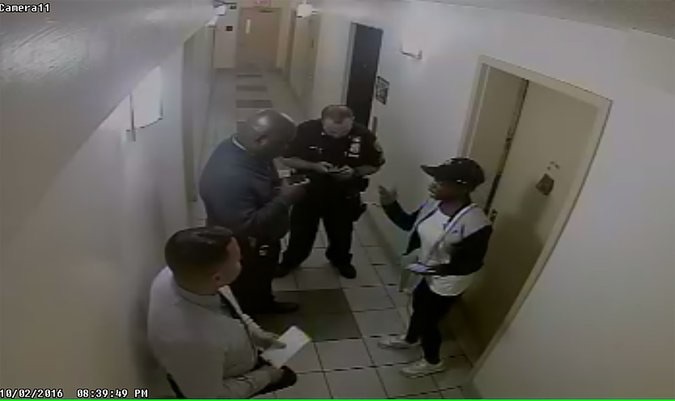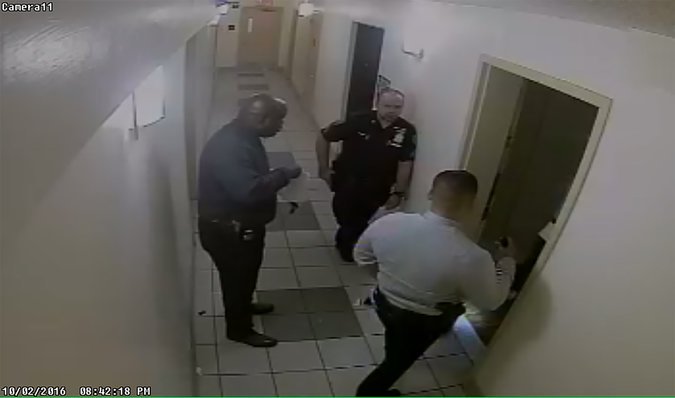‘Testilying’ by Cops: A Major Part of White Supremacy [lying is part of the natural behavior of cops]
/Testilying It is the intentional manipulation, omission and/or falsification of facts written by cops in sworn police reports and/or stated by cops during their testimony under oath in court for the primary purpose of justifying or protecting the fruits of an unlawful or questionable search, seizure or arrest and done in support of otherwise wrongful or malicious prosecution or arrest.
In my experience, brazen police officers so frequently abuse their power that no one—no motorist, no juvenile, no adult, no professional of any kind—could make a compelling argument that constitutional rights afford any real protection from the state... At best, police officers reluctantly acknowledge our constitutional rights.’ Kevin Mahoney, Esq.
From [NYT] Officer Nector Martinez took the witness stand in a Bronx courtroom on Oct. 10, 2017, and swore to tell the truth, the whole truth, and nothing but the truth, so help him God.
There had been a shooting, Officer Martinez testified, and he wanted to search a nearby apartment for evidence. A woman stood in the doorway, carrying a laundry bag. Officer Martinez said she set the bag down “in the middle of the doorway” — directly in his path. “I picked it up to move it out of the way so we could get in.”
The laundry bag felt heavy. When he put it down, he said, he heard a “clunk, a thud.”
What might be inside?
Officer Martinez tapped the bag with his foot and felt something hard, he testified. He opened the bag, leading to the discovery of a Ruger 9-millimeter handgun and the arrest of the woman.
But a hallway surveillance camera captured the true story: There’s no laundry bag or gun in sight as Officer Martinez and other investigators question the woman in the doorway and then stride into the apartment. Inside, they did find a gun, but little to link it to the woman, Kimberly Thomas. Still, had the camera not captured the hallway scene, Officer Martinez’s testimony might well have sent her to prison.
When Ms. Thomas’s lawyer sought to play the video in court, prosecutors in the Bronx dropped the case. Then the court sealed the case file, hiding from view a problem so old and persistent that the criminal justice system sometimes responds with little more than a shrug: false testimony by the police.
“Behind closed doors, we call it testilying,” a New York City police officer, Pedro Serrano, said in a recent interview, echoing a word that officers coined at least 25 years ago. “You take the truth and stretch it out a little bit.”
An investigation by The New York Times has found that on more than 25 occasions since January 2015, judges or prosecutors determined that a key aspect of a New York City police officer’s testimony was probably untrue. The Times identified these cases — many of which are sealed — through interviews with lawyers, police officers and current and former judges.
In these cases, officers have lied about the whereabouts of guns, putting them in suspects’ hands or waistbands when they were actually hidden out of sight. They have barged into apartments and conducted searches, only to testify otherwise later. Under oath, they have given firsthand accounts of crimes or arrests that they did not in fact witness. They have falsely claimed to have watched drug deals happen, only to later recant or be shown to have lied.
No detail, seemingly, is too minor to embellish. “Clenched fists” is how one Brooklyn officer described the hands of a man he claimed had angrily approached him and started screaming and yelling — an encounter that prosecutors later determined never occurred. Another officer, during a Bronx trial, accused a driver of recklessly crossing the double-yellow line — on a stretch of road that had no double-yellow line. [MORE]
















































































































































































































































































